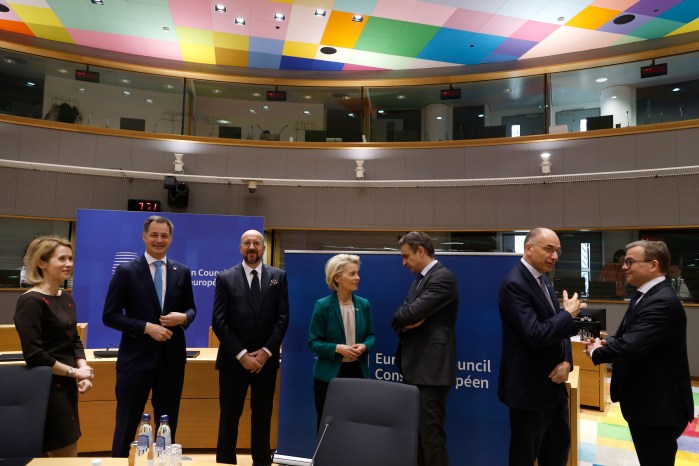PARIS (Reuters) – France’s highest administrative court on Thursday gave the government three months to show it is enacting climate policies that will ensure it meets its commitments on reducing greenhouse gas emissions.
The Conseil d’Etat’s ruling raises questions about the credibility of President Emmanuel Macron’s climate plan and affirms the binding nature of greenhouse gas reduction targets that are contained in legislation.
France, which brokered the 2015 Paris Agreement on climate change, has committed to reducing greenhouse gases by 40% of their 1990 levels by 2030. But the court noted that France was already missing targets and had delayed much of the reduction effort until after 2020.
“If the justifications so provided by the government were not satisfactory, the Conseil d’Etat may then consider requiring to take further steps in order to achieve the target of 40% by 2030,” the court said in a press release.
The case was brought to the court by the commune of Grande-Synthe in northern France. The town is built on reclaimed land and local officials say it risks being inundated by rising sea levels caused by global warming.
The court will make a final ruling, which would be binding on the state, after the three-month period expires. Rulings by the Conseil d’Etat cannot be appealed.
Climate activists hailed what they called an “historic” ruling.
“By affirming the binding nature of greenhouse gas emission reduction targets contained in the law, the highest administrative court is putting the state face to face with its responsibilities in the climate crisis,” Greenpeace and Oxfam said in a joint statement with two other environmental NGOs.
Between 2015 and 2018, the rate of decline in greenhouse gas emissions in France was about half as fast as it should have been for the country to be on the right trajectory to achieving its 2030 target.
(Editing by Richard Lough and Mark Heinrich)


















